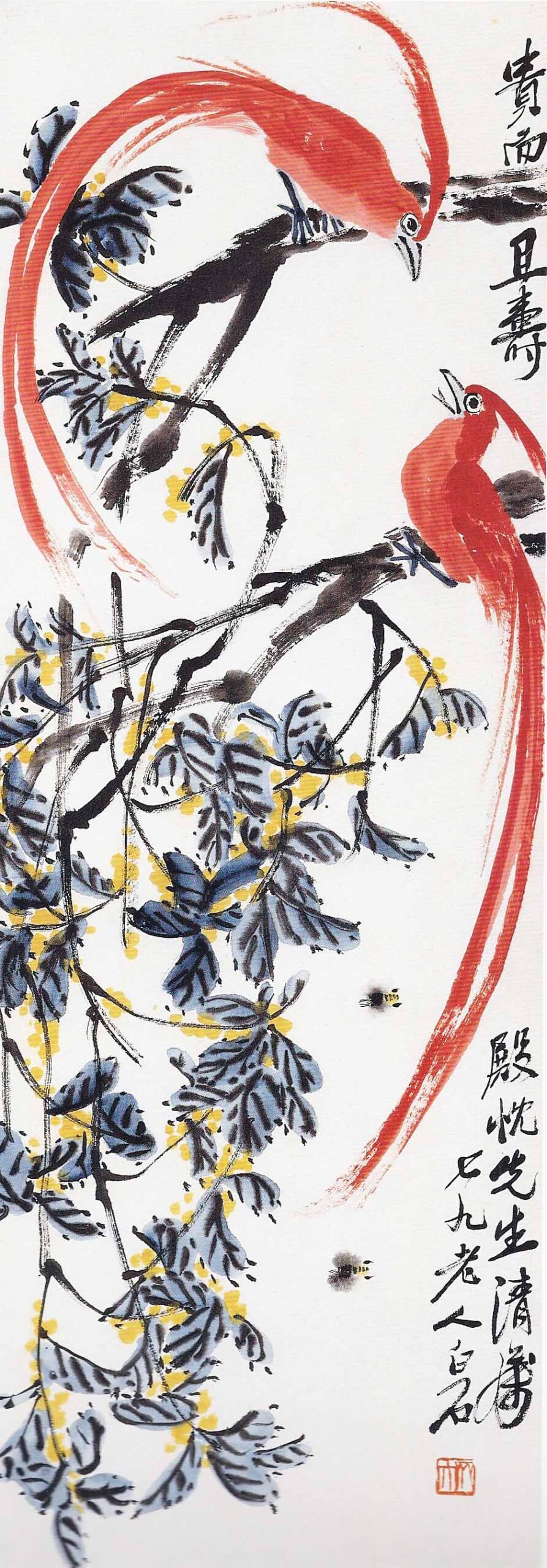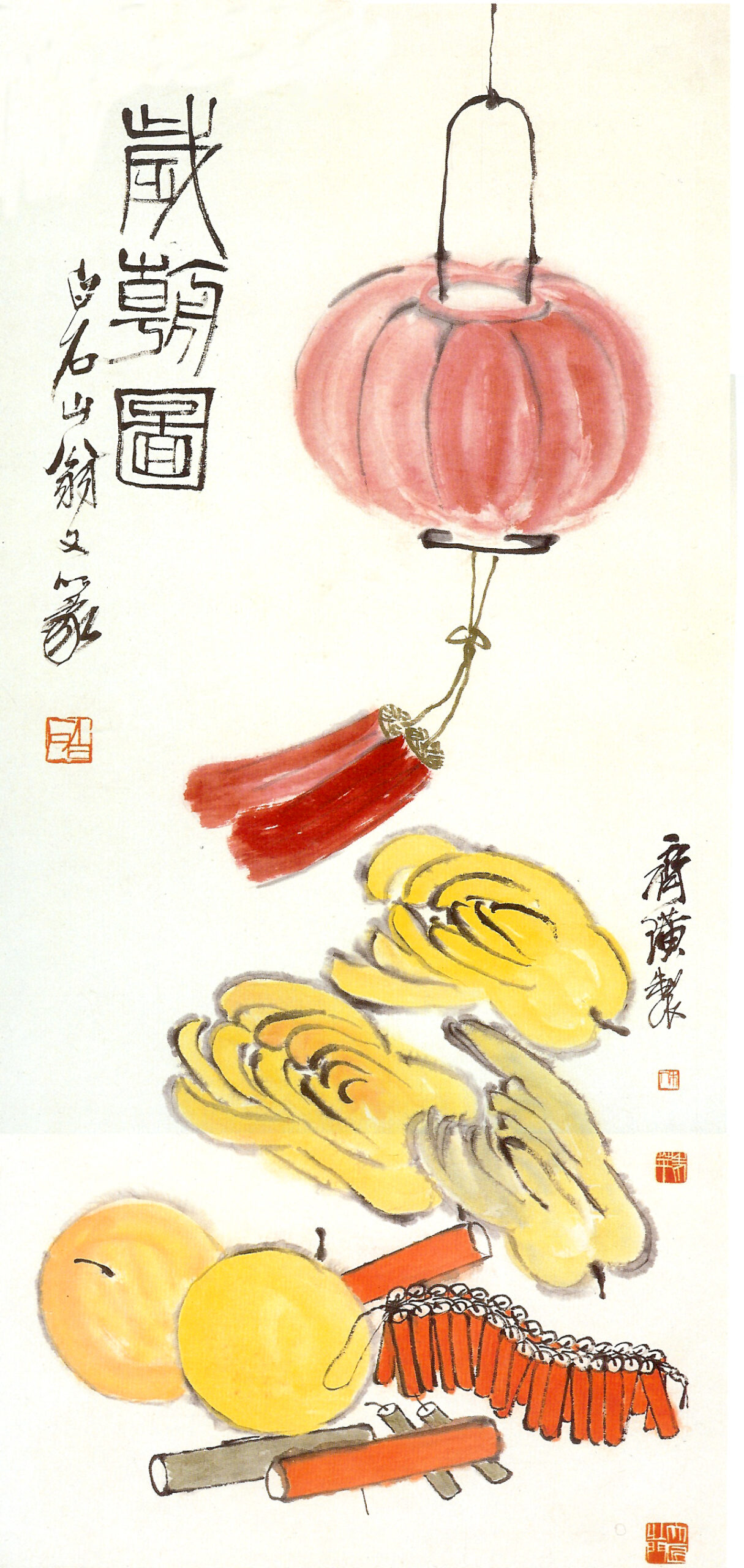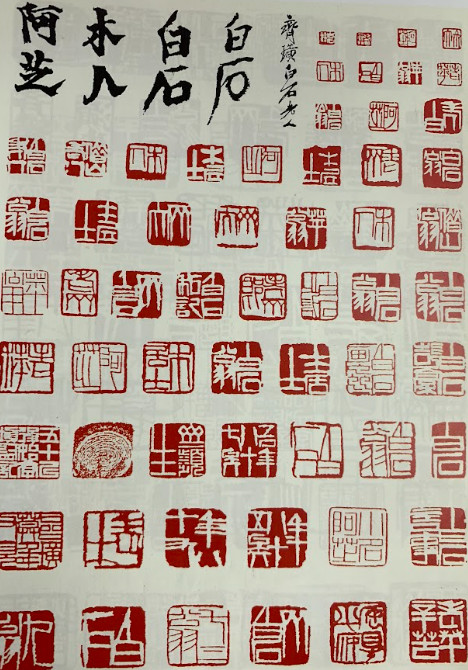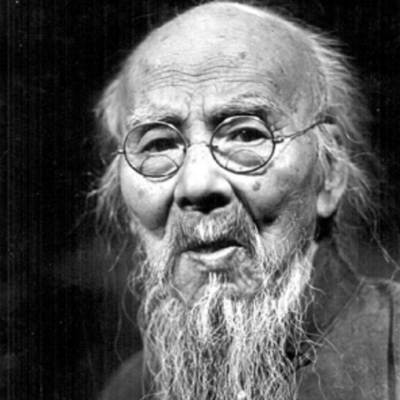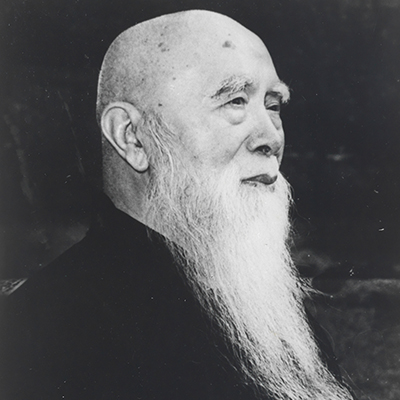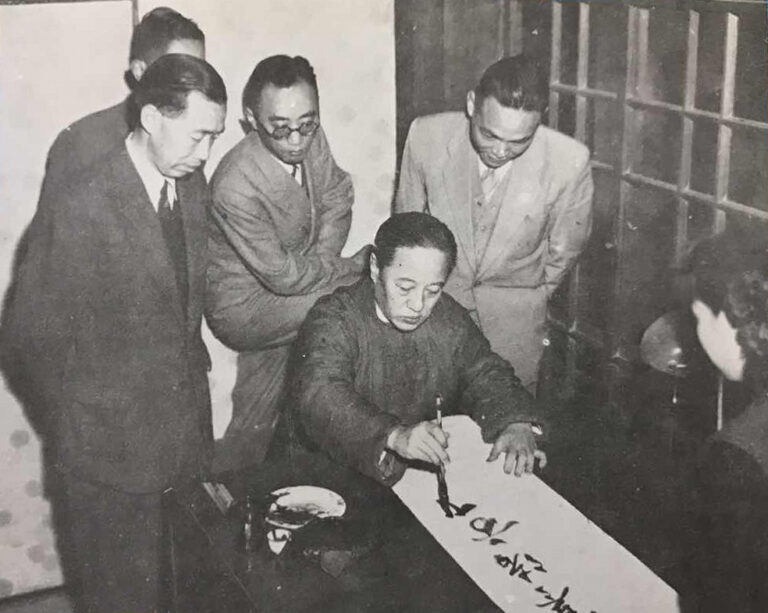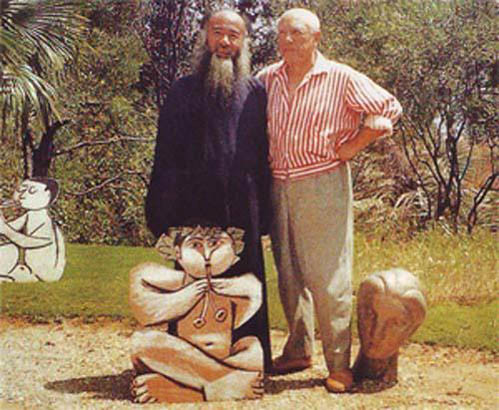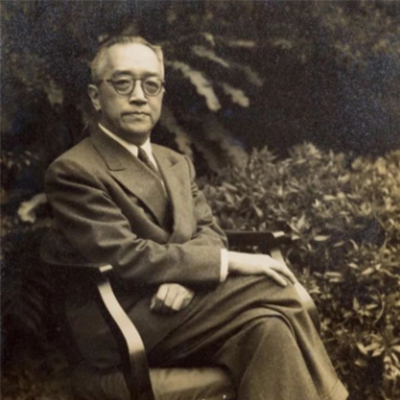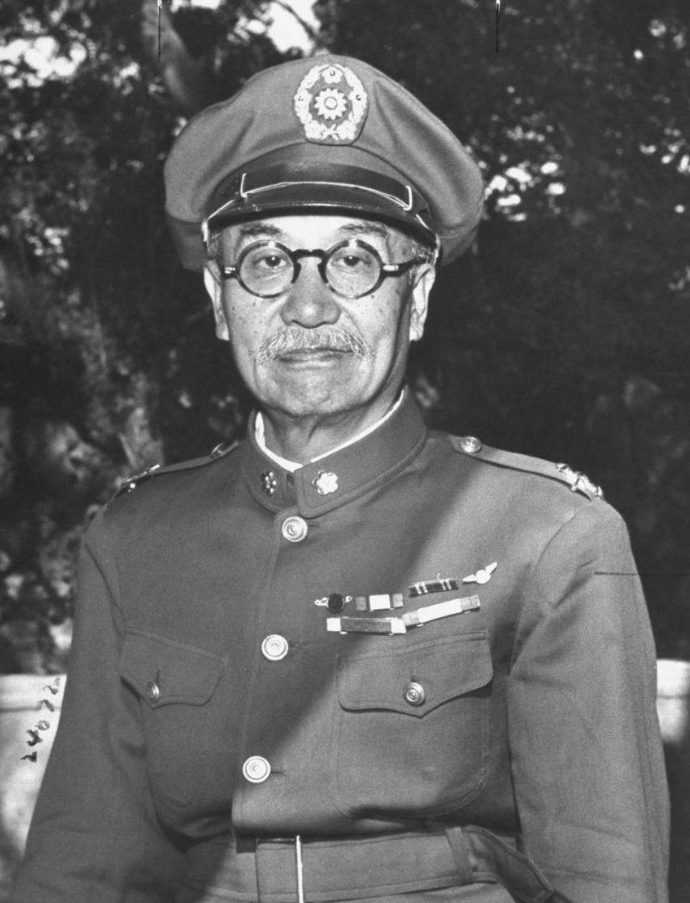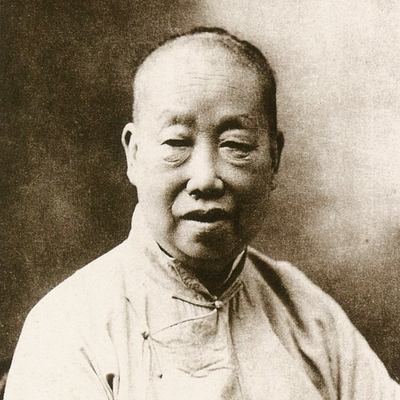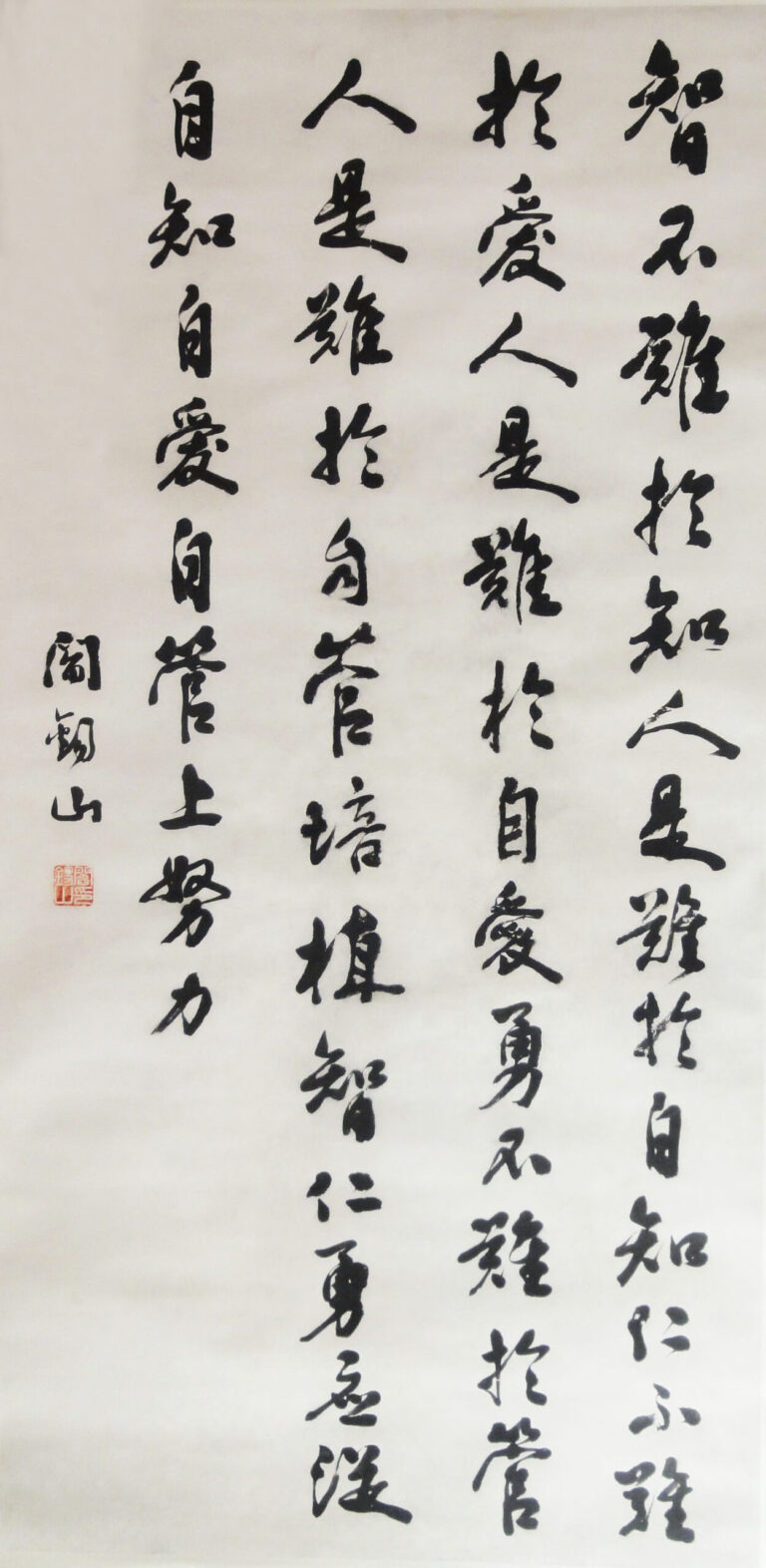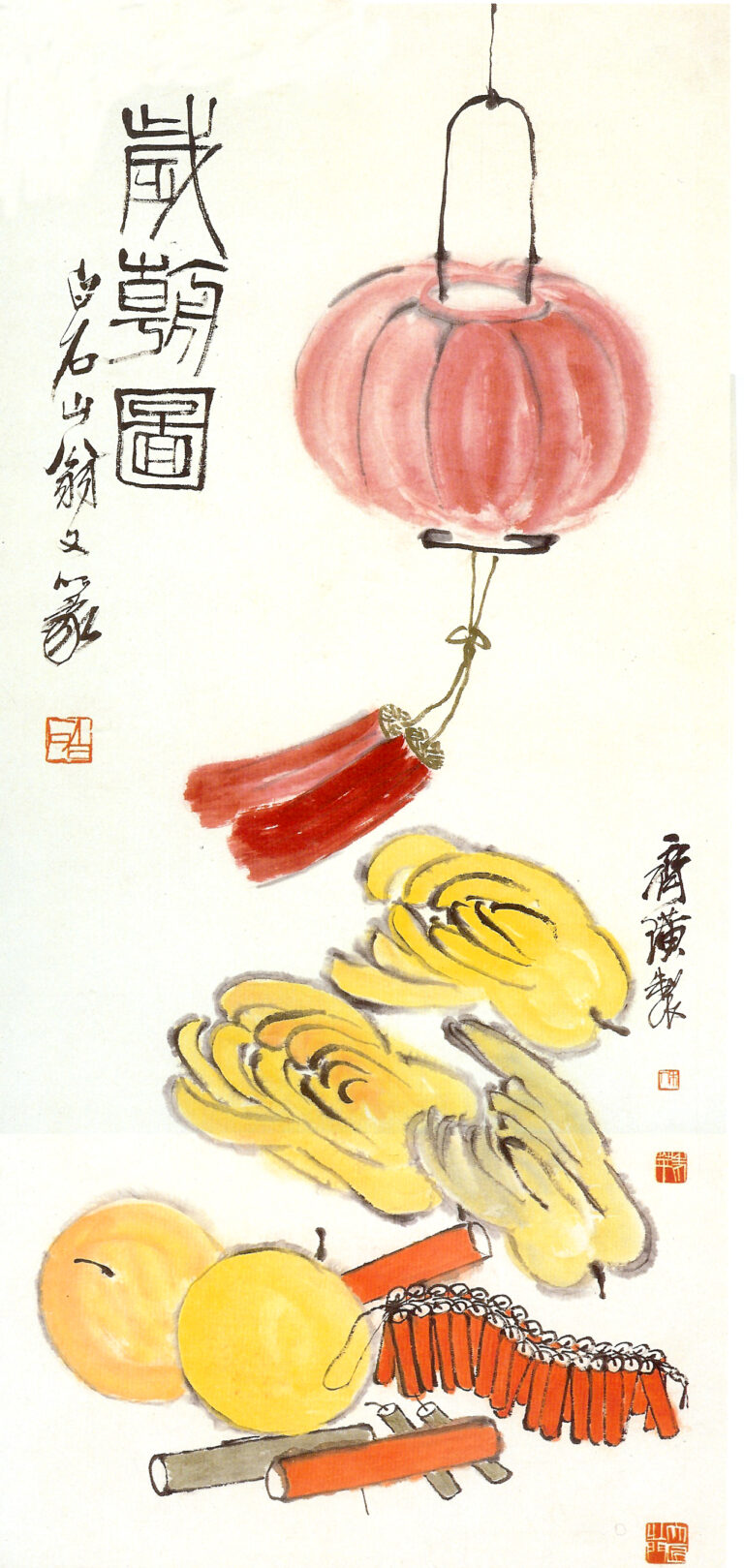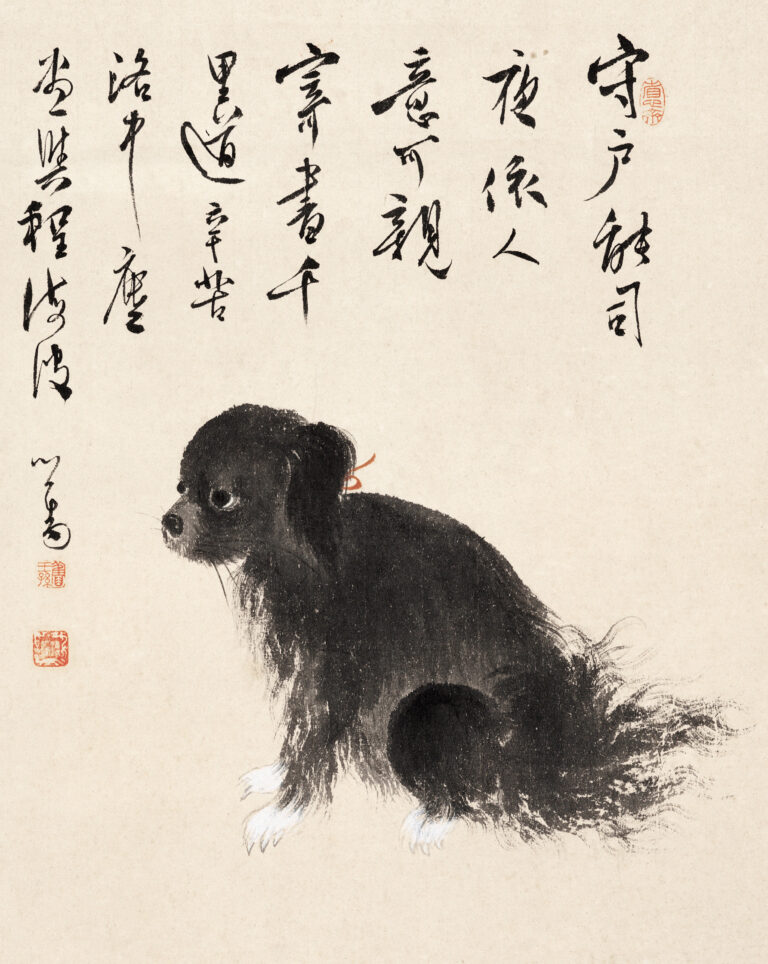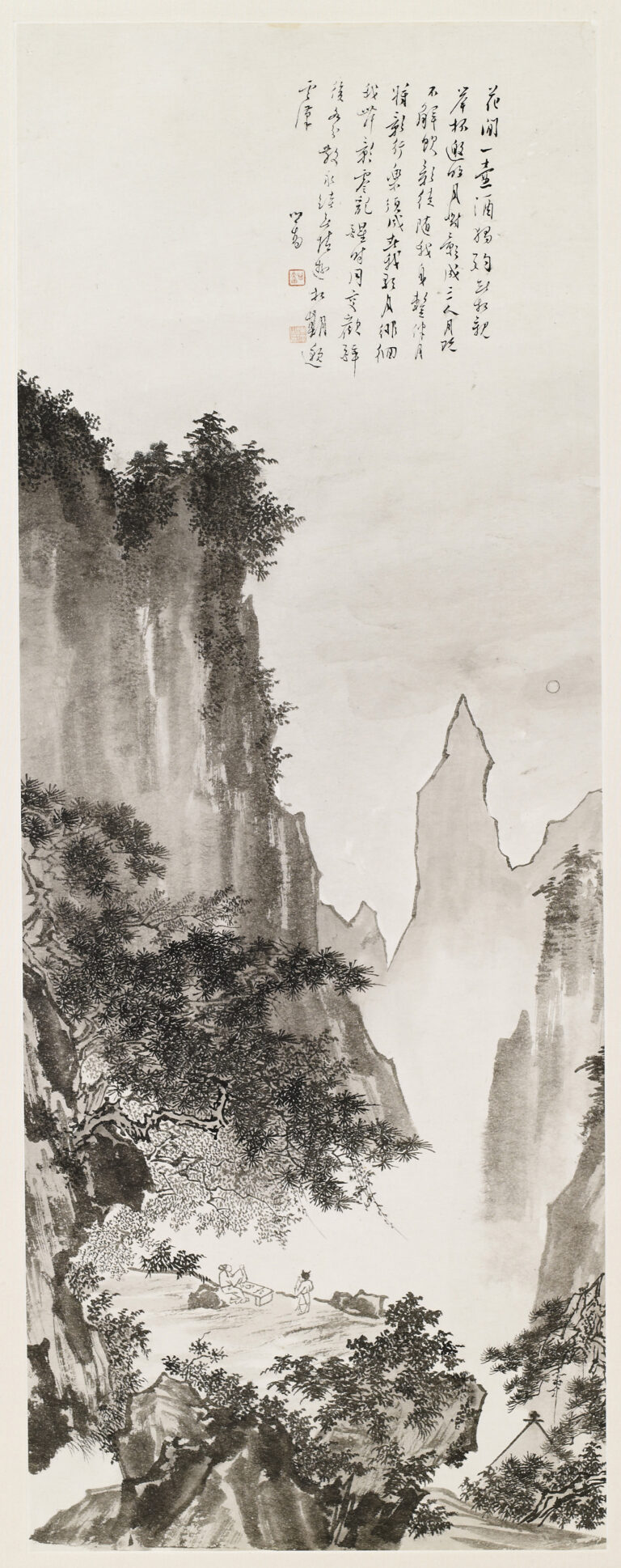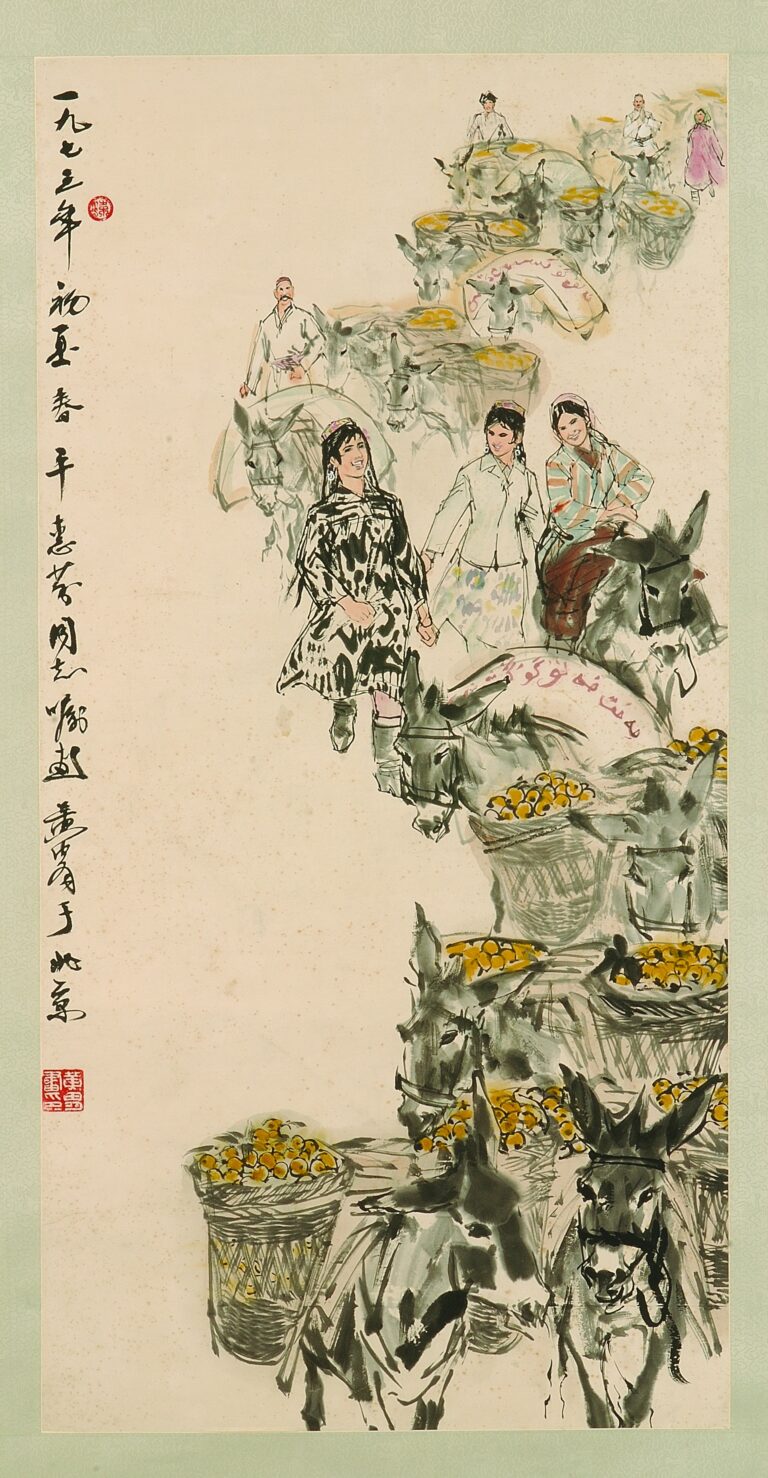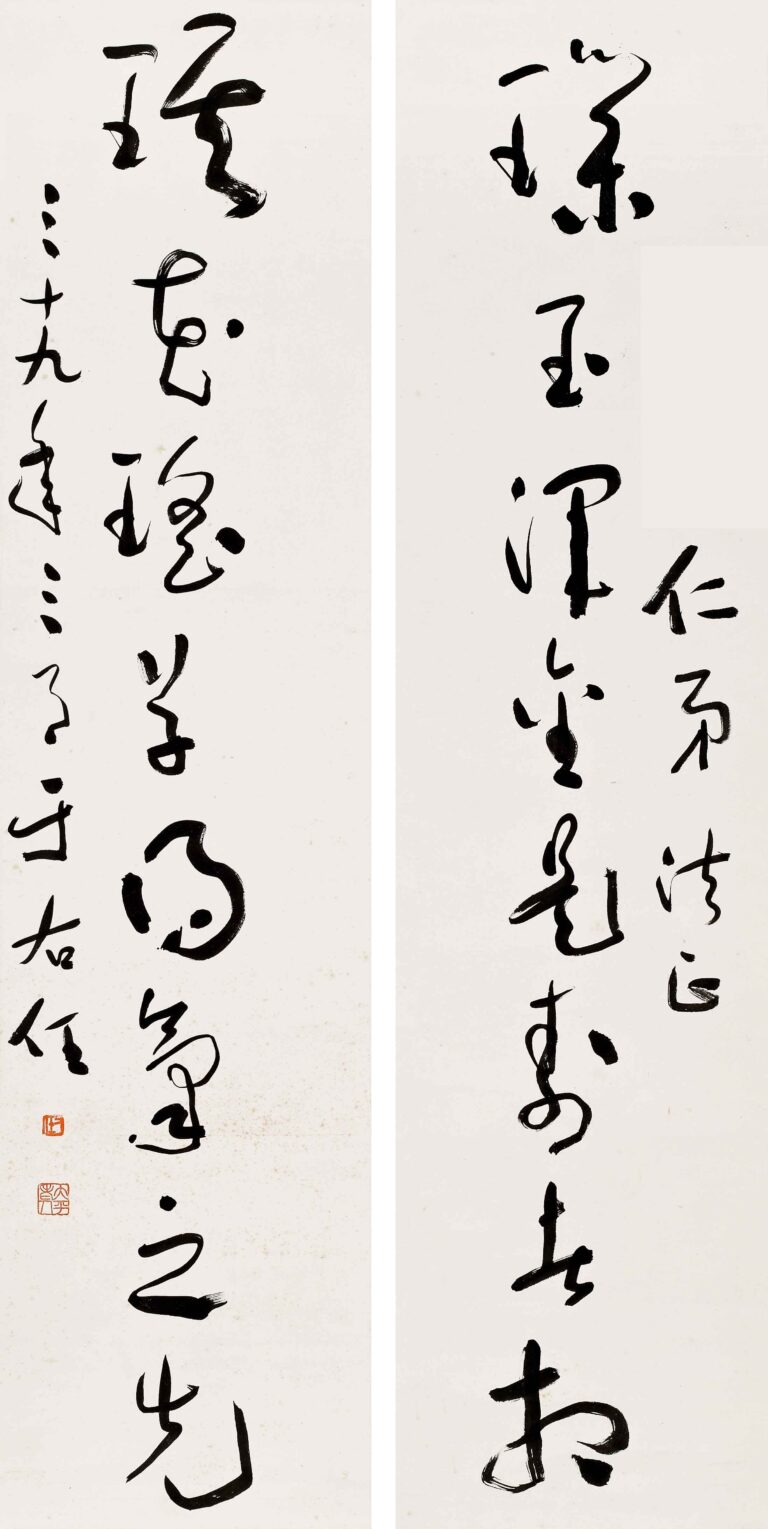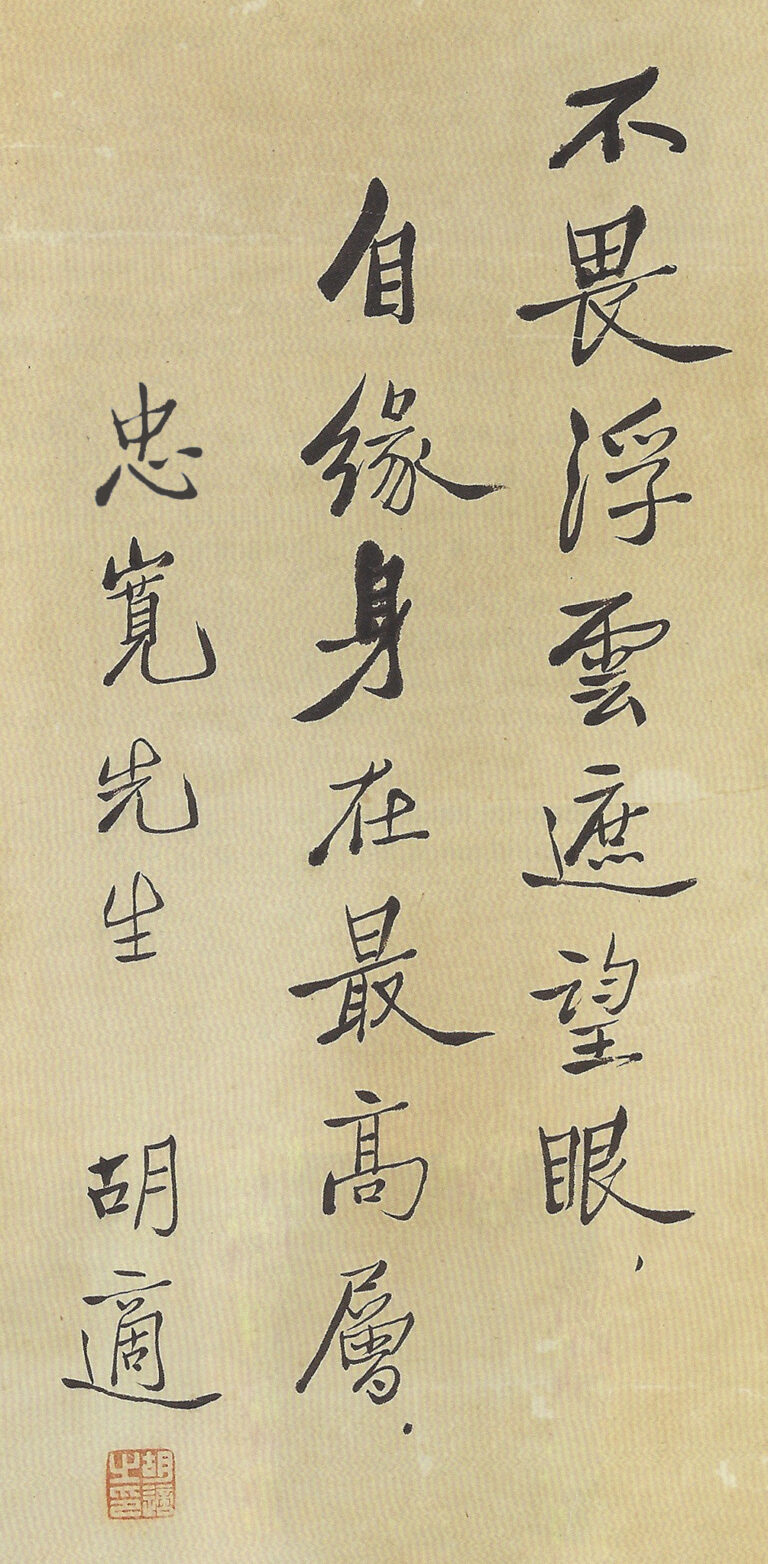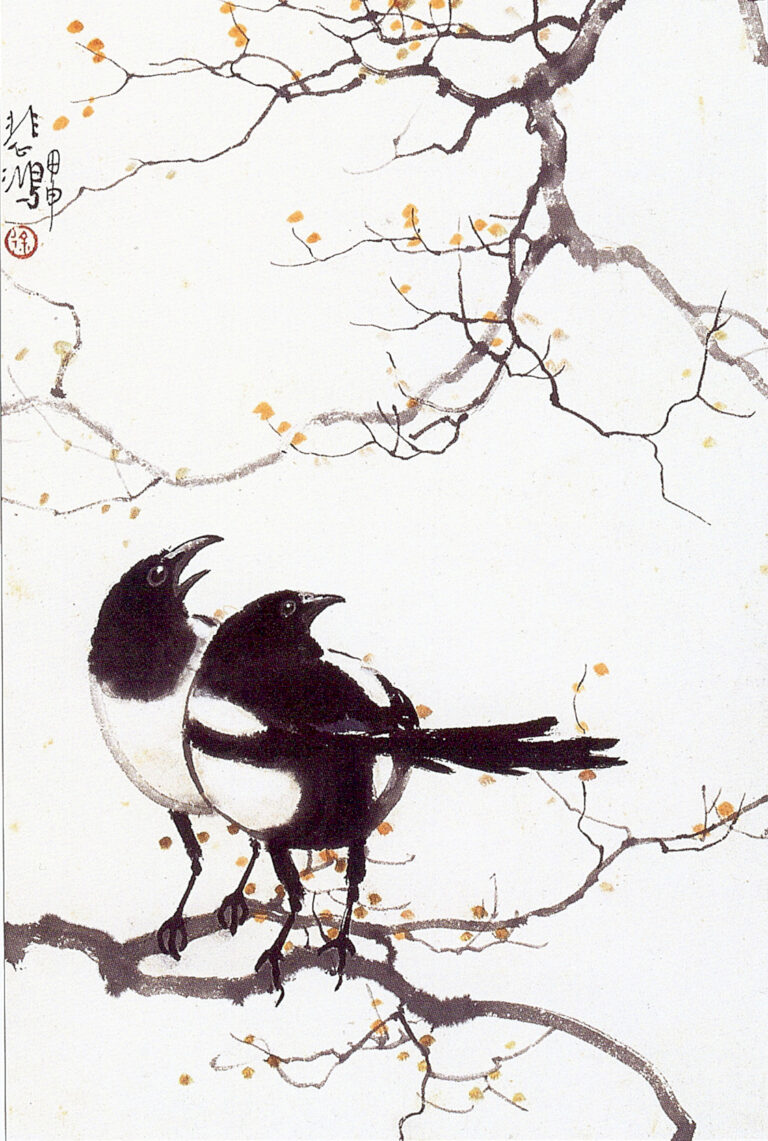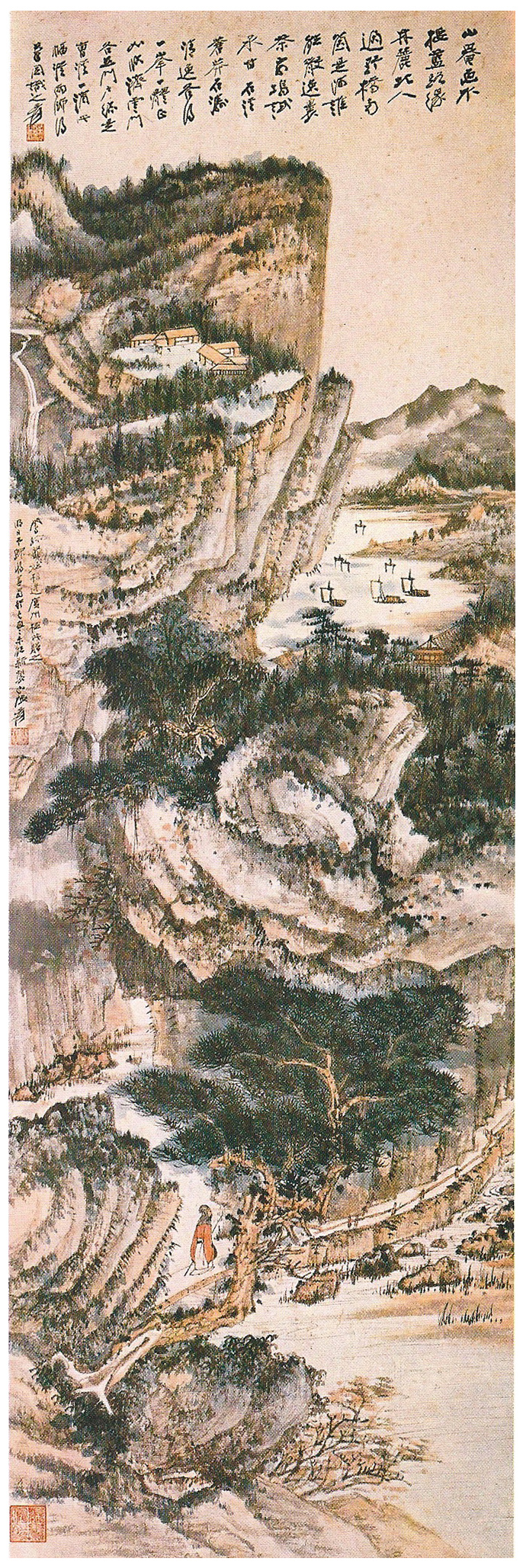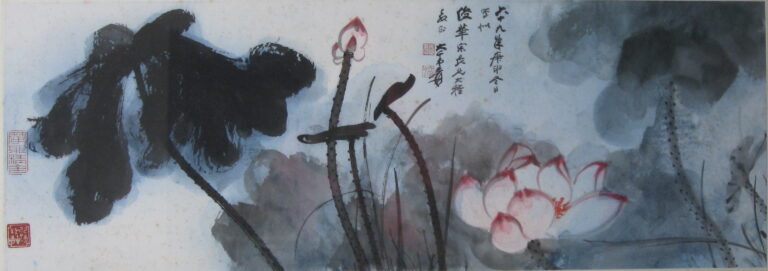The artistic Enlightenment of Qi Baishi's peasant Children
Qi Baishi (January 1, 1864-September 16, 1957), formerly known as Qi Chunzhi, character Weiqing, native of Baishishan, Xiangtan, Hunan. Born in a poor farmhouse, he has been sickly since he was a child. He started studying in a private school at the age of 8. Later, he dropped out of school due to family difficulties and turned to carving and carpentry. Since the age of 15, Qi Baishi began to teach himself painting, and laid the foundation through "Mustard Seed Garden Painting Biography", gradually showing a strong interest in art.
Learn from famous masters and lay the foundation for art
At the age of 20, Qi Baishi studied with Hu Qinyuan, Chen Shaofan and others, studied poetry, calligraphy and painting, and began to be exposed to the art of seal carving. During this period, his painting style was influenced by Shi Tao, Ba Dashanren and others, and gradually formed a unique artistic style. Qi Baishi claimed to be "a rich man with three hundred stone seals", showing his love and achievement in the art of seal carving.
Travel to famous mountains and rivers to enrich creative inspiration
Since the age of 40, Qi Baishi has traveled all over China, covering famous mountains and rivers such as Huashan, Mount Tai, Hengshan, Songshan, and Lushan, and has gone deep into Guangzhou, Guilin, Nanjing, Shanghai and other places to communicate with local literati and scholars, enriching his artistic vision and creative inspiration. During this period, he created a large number of works on the theme of natural landscape, and gradually formed his own unique freehand painting style.
Settled in Beijing, a turning point in his artistic career
At the age of 57, Qi Baishi settled in Beijing and began to concentrate on painting. At this time, he got acquainted with Chen Shizeng, and under his suggestion, he carried out a "change of law in the declining years", changed the style of painting from Gongbi to capital letters, and created a new style of combining red flowers, ink leaves, and Gongbi grass insects. The works are fresh and natural, and they are well loved.
Artistic achievements and international influence
Qi Baishi's artistic achievements are not only widely praised in China, but also have a profound impact internationally. His works have been exhibited in Japan, France and other countries and are highly praised. In 1955, Qi Baishi won the International Peace Award from the World Peace Council and became a representative of Chinese artists on the international stage.
Educate future generations and cultivate artistic talents
Qi Baishi was enthusiastic about education and cultivated many artistic talents, including Li Kuzen, Li Keyan, Wang Xuetao, Lou Shibai and others, which had a profound impact on the development of modern Chinese art. His artistic philosophy and creative style have become a model for future generations to learn.
Artistic style and representative works
Qi Baishi's artistic style combines tradition and innovation, emphasizing that "the beauty of painting lies between similarity and dissimilarity, too similar to kitsch, not like deceiving the world." He is good at depicting flowers, birds, insects, fish, landscapes and other subjects. His representative works include "Ink Shrimp Picture", "Songbai Gaoli Picture", "Flowers, Insects and Birds Picture", etc., showing his love for nature and deep observation.
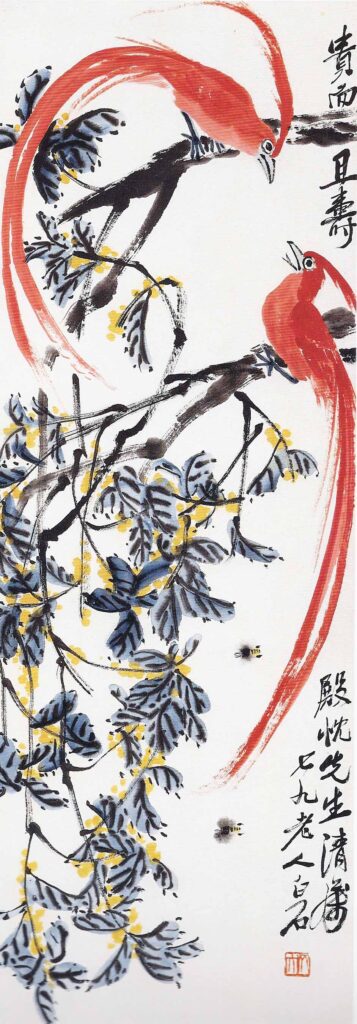
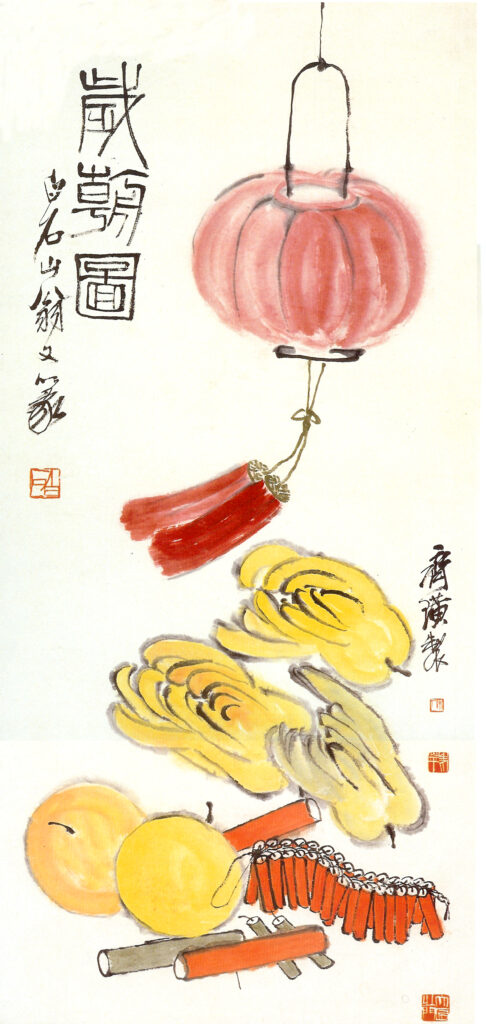
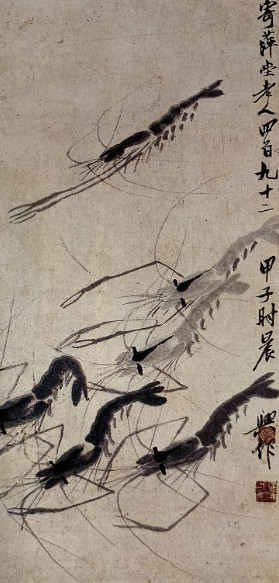
Calligraphy and seal carving art
In addition to painting, Qi Baishi also has outstanding achievements in calligraphy and seal carving. His calligraphy combines various styles such as official script and seal script, with strong pen power and majestic momentum; his seal carving works are known for their exquisite knife skills and rigorous rules, forming a unique artistic style.
Poetry creation and Artistic concept
Qi Baishi is also good at poetry creation. Most of his works are based on natural scenes, with simple language and sincere emotions. He advocated that art should be close to life and reflect true emotions, and emphasized that "use my family's pen and ink to write about my family's landscape", and advocated that artistic creation should originate from life and serve the people.
Qi BaishiHonor and influence in old age
Qi Baishi won a number of honors in his later years, including being hired as a professor of the Central Academy of Fine Arts and Chairman of the Chinese Artists Association, and was awarded the title of "People's Artist" in 1953. His artistic achievements have had a profound impact on the development of modern Chinese art, and he is known as "a generation of masters of the Chinese painting scene."
DehuatangAcquisition of Qi Baishi's works at a high price
Dehuatang sincerely invites collectors from all walks of life to provide Mr. Qi Baishi's precious calligraphy and painting works, calligraphy, paintings, etc., to jointly promote Chinese art and culture. Dehuatang is willing to purchase it at a high price, and it is hard to find a soulmate in the collection, so that your artistic treasures can be passed on sustainably.
Qi Baishi Seal
Qi Huang, Seal of Qi Huang, Respectfully Written by Qi Huang, Old Qi Huang, Qi Bingsheng, Great Qi, Qi Baishi, Baishi, Old Man Baishi, Record of Baishi, Baishi Paints Insects, Baishi Speaks of Affairs, Baishi’s Seal Script, Baishi’s Creations, Baishi’s Inscriptions, Baishi’s Poetry Studio, Baishi’s Thatched Cottage, Baishi Brings Blessings, Baishi’s Centennial Self-Amusement, Woodman, Wood Recluse, Ping Elder, Ping Elder, Old Ping, Old Ping's Hardship, Old Ping's Skill, Borrowing-the-Mountain Elder, Borrowing-the-Mountain Old Man, Bingsheng, A-Zhi, Childhood Name A-Zhi, Disciple of Luban, Gate of the Great Craftsman, Ping Hall, Ping Poetry Studio, Steaming Pot House, Resident of Apricot Gully, Old Resident of Apricot Gully, Three-Hundred-Stone Seal Studio, Three-Hundred-Stone Seal Tycoon, Old Farmer by the Lake, A Native of Xiangtan, Borrowed Mountain Studio, Joy of Stone Room, Repenting Crow Hall, My Writing Is My Conception, I Paint What I Paint, Long Life to People, I Create My Own Family’s Paintings, I Am But the Plants of the People, Born Without Land, Eat with a Broken Inkstone, In Xing Pond’s Thatched Hut, Never Among Officials, Once Lying and Watching Ox Mountain, Seized Nature’s Craftsmanship, Minor Carving, Family Skill, Despised by the Common World, Grafting and Transplanting Techniques, Fame Broken by a Steamer Pot, As a Child I Hung Books on the Ox's Horn, Why Care for Empty Fame, I Was Poor in Youth, The More Skilled, the More Troubled, Leading Ox Refuses Ear-Washing Water, My Paintings Spread Across the World Yet Often Forged, Aging Without Cause, Now Mute and Deaf, My Home Lies Beneath Mount Hengyue, Seventy-Two Peaks Around My House, Mind and Body Are Enemies, Long-Away Guests, Estranged Descendants, Old Age Rarely As One Wishes, Gods and Ghosts Are Useless, Master of a Hundred Pear Blossom Trees, Back in My Hometown the Mountain Flowers Bloom Now, A House with Good Bamboo in the Mountains, A Native of Changsha, Hunan, China.
Portfolio
